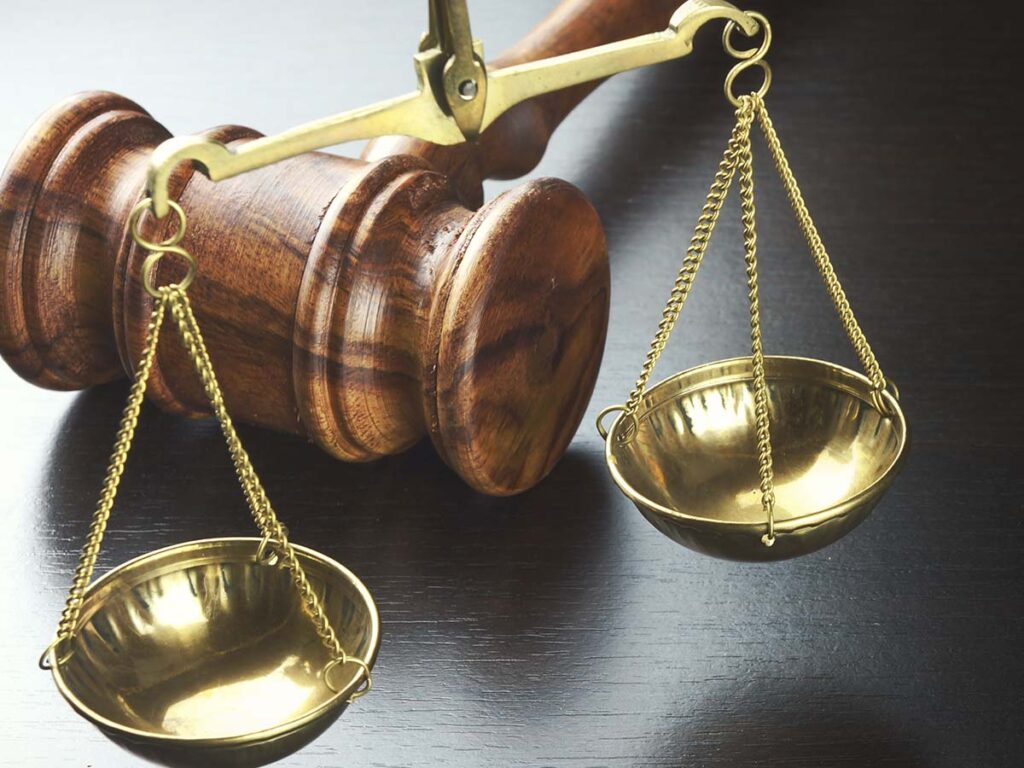What Are Punitive Damages and When Are They Awarded in NYC Personal Injury Cases?
In New York City, personal injury cases often involve damages intended to compensate victims for their losses, such as medical bills, lost wages, and pain and suffering. However, in some cases, courts may also award punitive damages. Unlike compensatory damages, punitive damages serve a different purpose: to punish the defendant for particularly egregious behavior and deter similar conduct in the future. This guide explores what punitive damages are, when they are awarded, and how they are calculated in New York personal injury cases.

Understanding Punitive Damages
Punitive damages, also known as exemplary damages, are monetary awards that go beyond compensating the injured party. These damages are typically reserved for cases involving gross negligence, intentional misconduct, or reckless disregard for the safety of others.
Key Characteristics of Punitive Damages
- Punishment and deterrence: Punitive damages are designed to punish defendants for their actions and deter others from engaging in similar behavior.
- Not compensatory: Unlike compensatory damages, which aim to reimburse the victim for losses like medical expenses and lost wages, punitive damages are awarded based on the defendant’s conduct.
When Are Punitive Damages Awarded in New York Personal Injury Cases?
Punitive damages are awarded only in exceptional cases where the defendant’s actions demonstrate a complete disregard for the safety or rights of others.
Examples of Conduct That May Warrant Punitive Damages
- Gross negligence: If a defendant acted with reckless disregard for the safety of others, such as operating a vehicle while intoxicated, punitive damages may be considered.
- Intentional misconduct: Cases involving assault, fraud, or other forms of deliberate harm may lead to punitive damages.
- Malicious behavior: If a defendant acted with malicious intent, such as deliberately causing harm, courts may impose punitive damages.
In medical malpractice cases, punitive damages may be awarded if a healthcare provider intentionally disregards standard procedures or falsifies records, resulting in harm to the patient.
How Punitive Damages Are Calculated
Punitive damages are not tied directly to the victim’s economic losses. Instead, they are determined based on the severity of the defendant’s actions and the need to deter similar behavior. Factors influencing the amount include:
- The degree of harm caused to the injured party
- The financial standing of the defendant
- Whether the behavior demonstrated reckless disregard or deliberate misconduct
Courts in New York require clear and convincing evidence to award punitive damages, a higher standard of proof than that required for compensatory damages.
The Role of Compensatory and Punitive Damages
Compensatory damages are awarded to cover economic and non-economic losses suffered by the injured party. This includes:
- Medical bills and ongoing medical expenses
- Lost wages and diminished earning capacity
- Emotional distress and mental anguish
Punitive damages, on the other hand, are intended to:
- Punish defendants for grossly negligent or intentional actions
- Deter similar conduct in the future
For example, if a defendant intentionally caused harm to another person and showed no remorse, the court may award both compensatory and punitive damages to ensure justice and accountability.
Limitations on Punitive Damages in New York
While New York does not impose statutory caps on punitive damages, courts aim to ensure that these awards are proportional to the defendant’s misconduct. Punitive damages are typically awarded only in cases where compensatory damages have already been granted.
Seeking Punitive Damages in a Personal Injury Claim
Pursuing punitive damages requires demonstrating that the defendant’s actions went beyond ordinary negligence. An experienced personal injury lawyer can help build a case by:
- Gathering evidence of the defendant’s grossly negligent or intentional conduct
- Establishing a clear link between the defendant’s actions and the harm caused
- Demonstrating the need for punitive damages to deter similar behavior
How an Attorney Can Help
If you believe your personal injury case warrants punitive damages, consulting with a New York personal injury lawyer is crucial. An attorney can evaluate whether the defendant’s behavior meets the high threshold required for punitive damages and guide you through the legal process to seek the compensation you deserve.
Take the Next Step Toward Justice
Learn more about pursuing punitive damages in New York personal injury cases. Call Greenstein & Pittari, LLP at (800) 842-8462 to schedule your free consultation. You can also reach us through our contact page. Let us help you hold the responsible parties accountable and recover the compensation you deserve.
FAQs About Punitive Damages in NYC
What are punitive damages?
Punitive damages are monetary awards intended to punish defendants for gross negligence or intentional misconduct and deter similar behavior in the future.
How are punitive damages different from compensatory damages?
While compensatory damages cover the victim’s losses, punitive damages focus on punishing the defendant’s behavior.
When are punitive damages awarded in New York personal injury cases?
Punitive damages are awarded in cases where the defendant’s actions show gross negligence, malicious intent, or reckless disregard for the safety of others.
Are punitive damages common in personal injury cases?
No, punitive damages are typically reserved for the most egregious cases where the defendant’s conduct warrants additional penalties.
How can I seek punitive damages?
To seek punitive damages, you must provide clear and convincing evidence of the defendant’s grossly negligent or intentional actions. Consulting an experienced attorney is essential.
